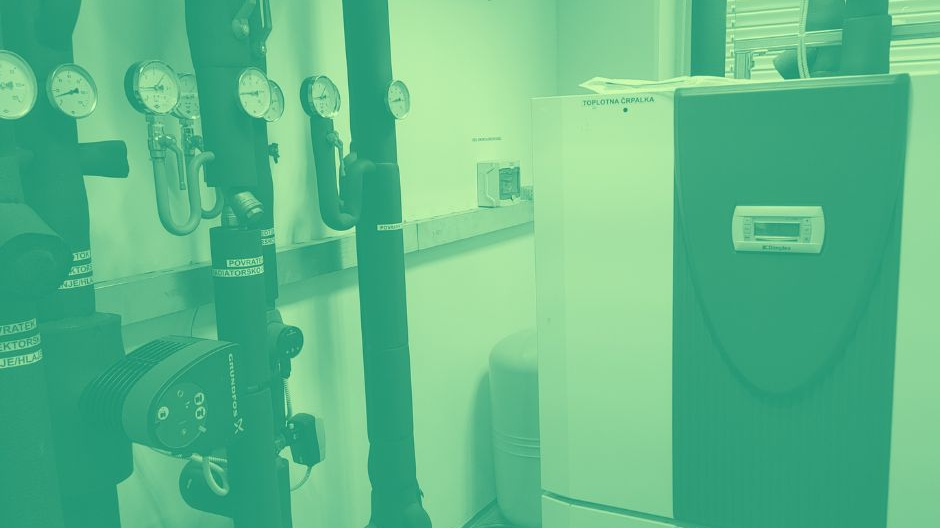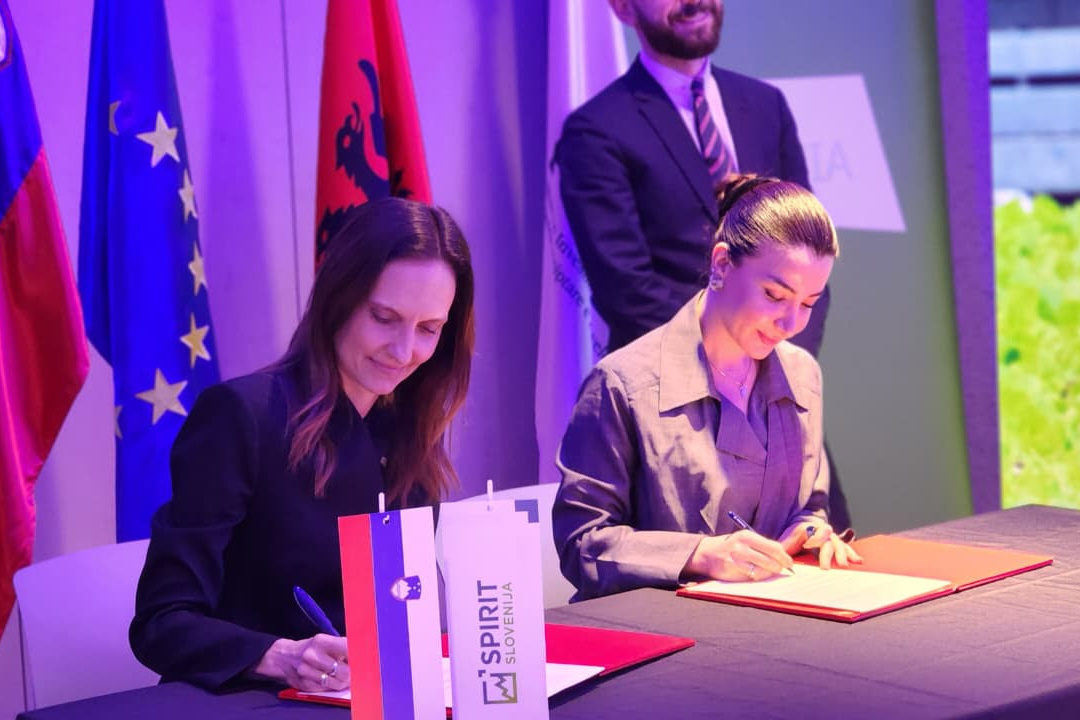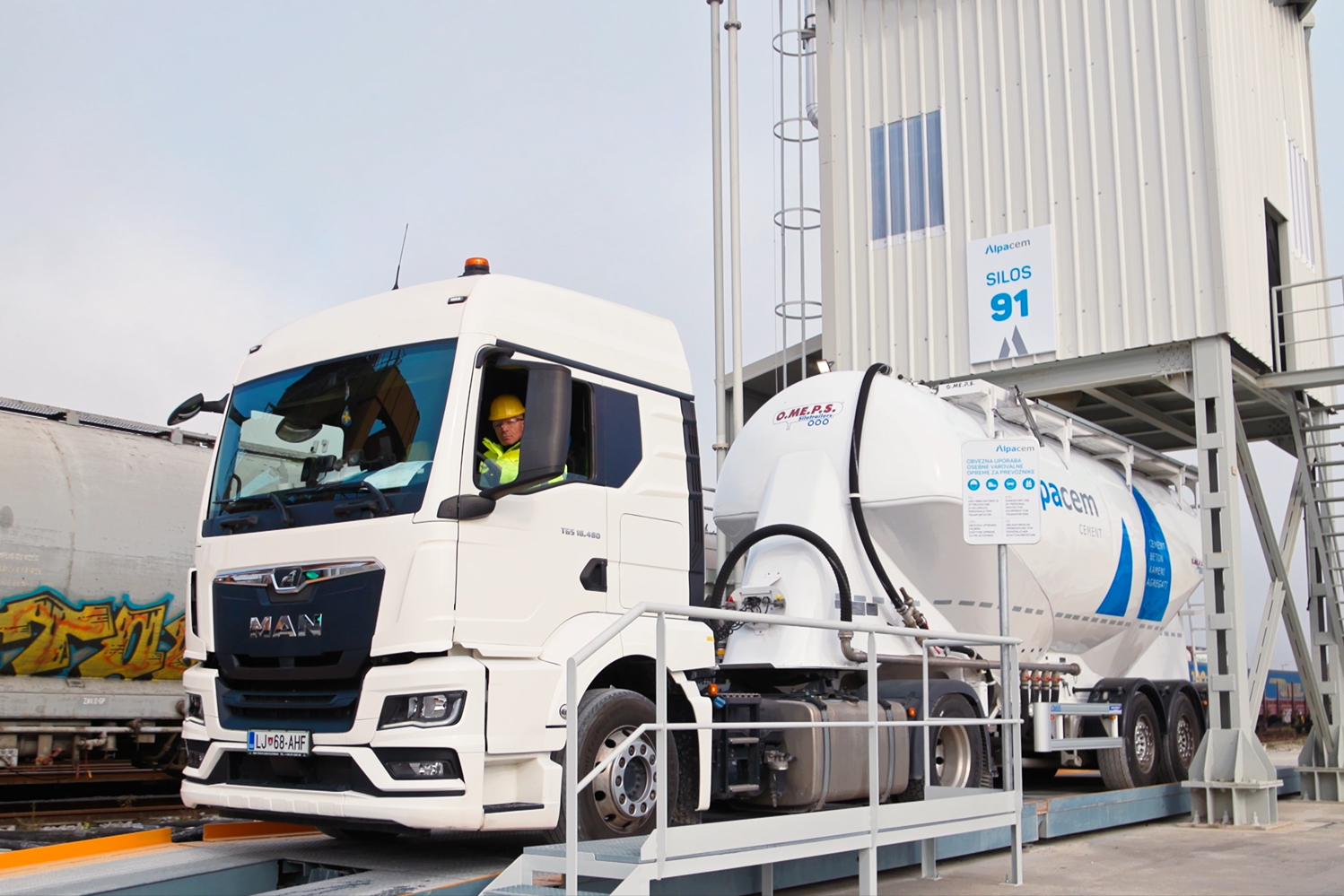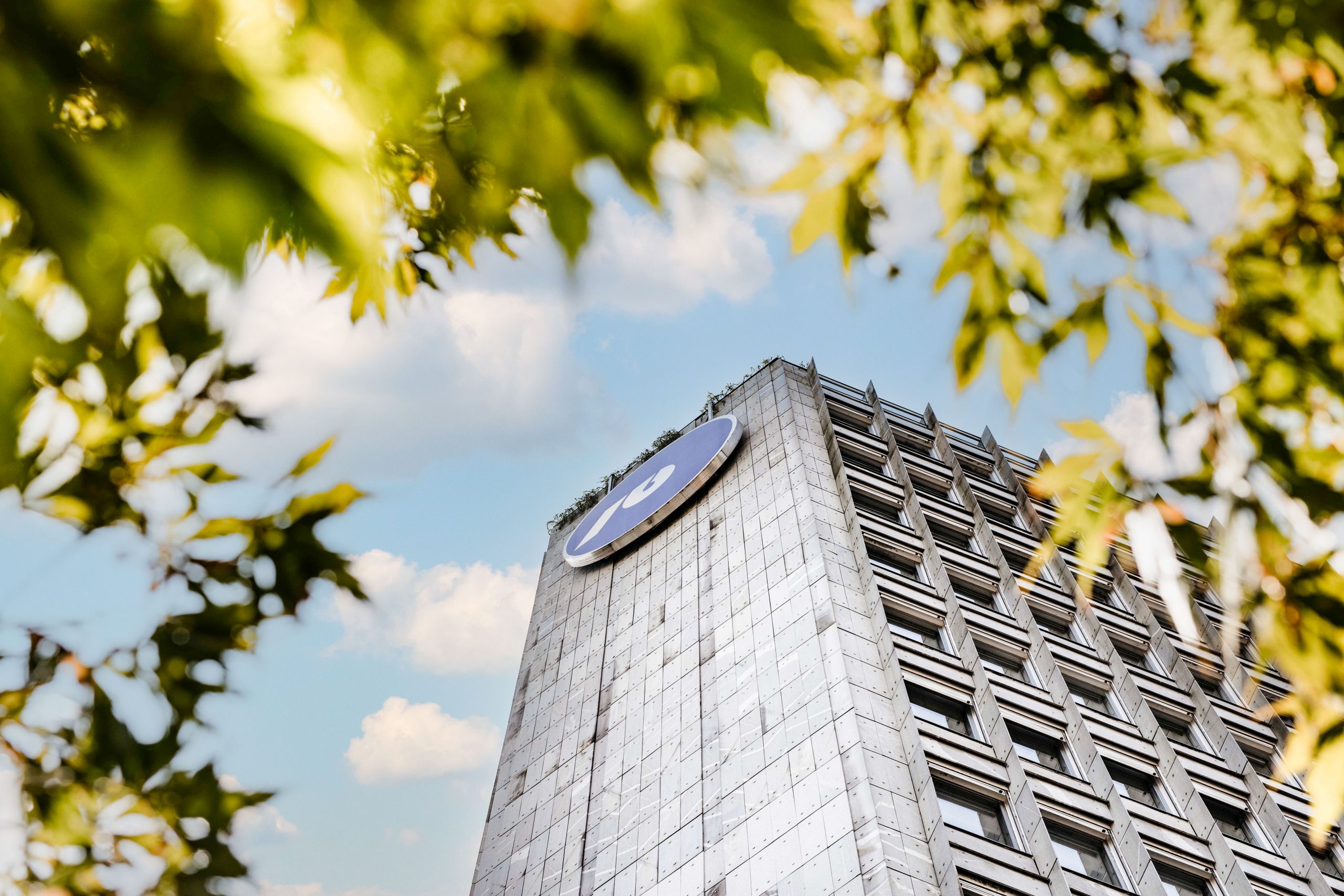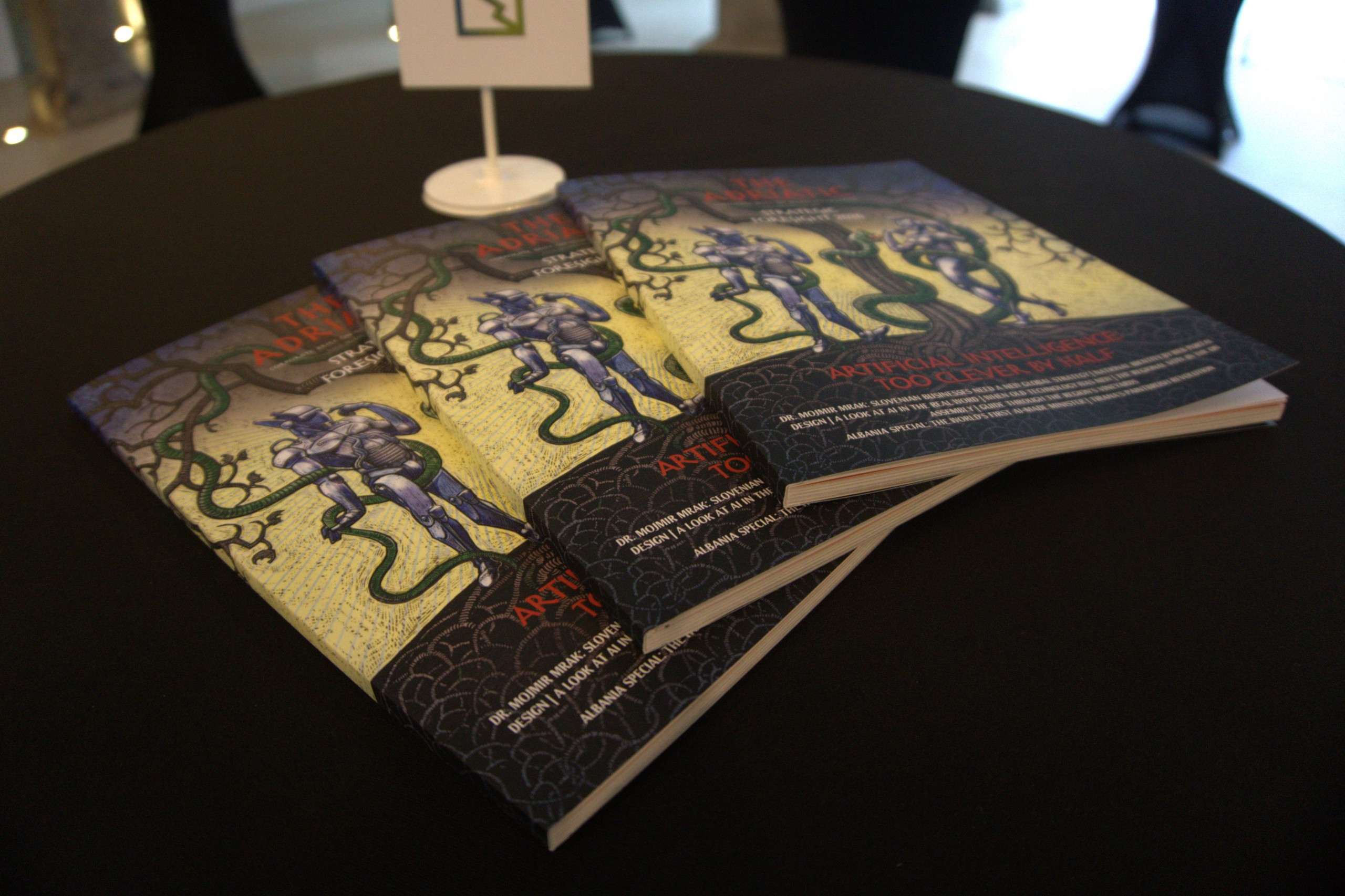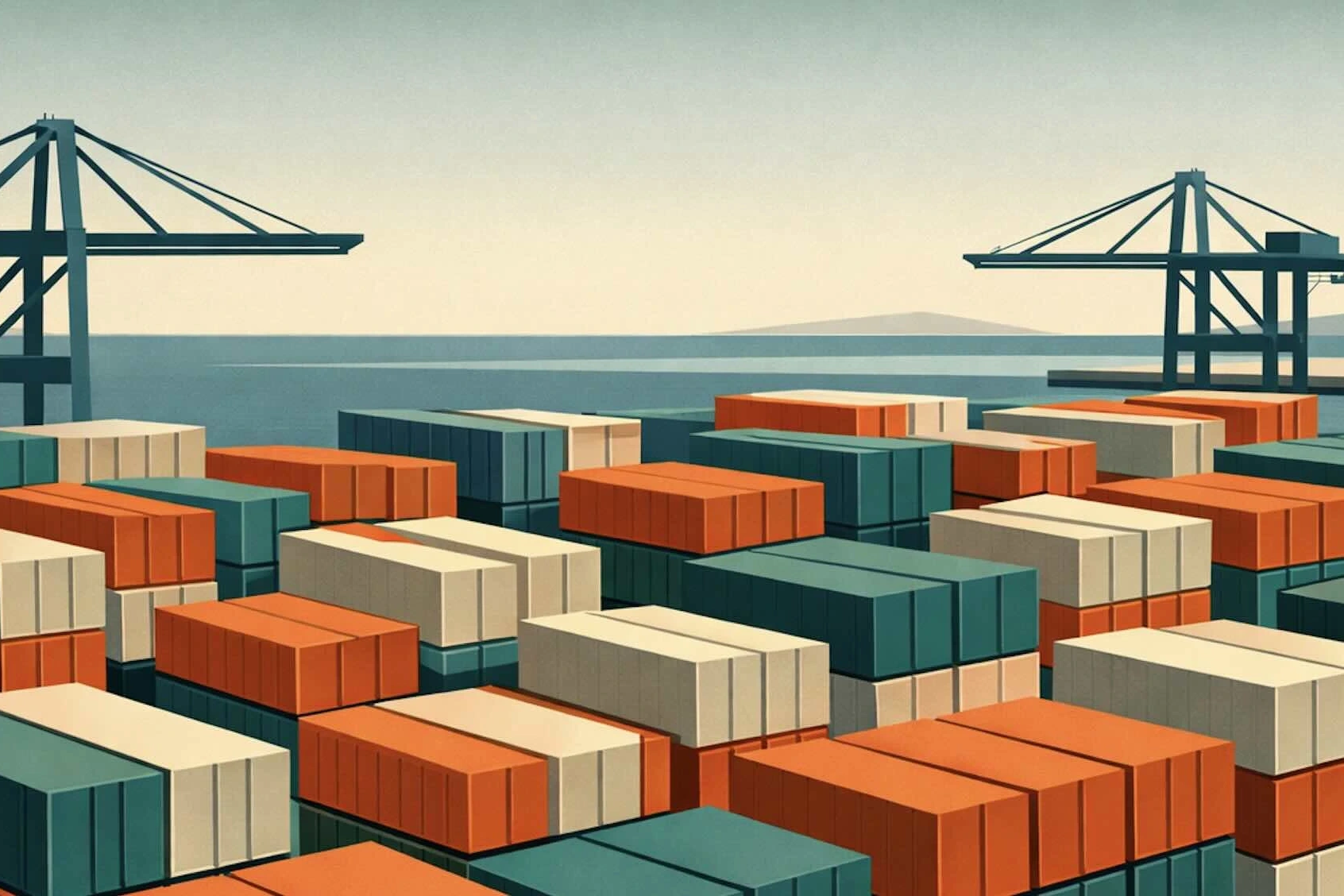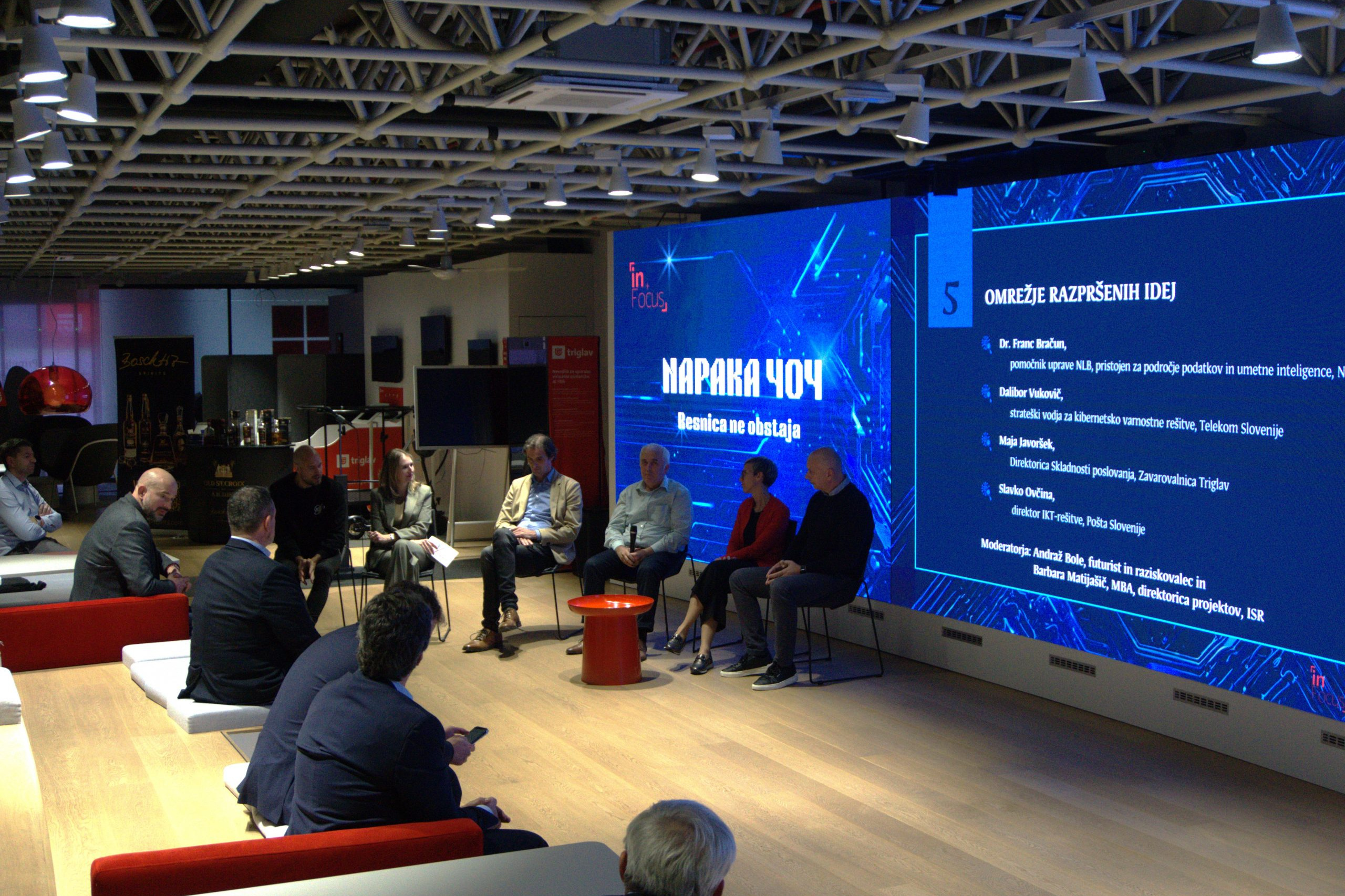The Adriatic in Partnership With Elektro Maribor
Going Green – Our Imperative for the Future
After COVID 19 and Ukraine war have shaken our society, global energy market faced some major global challenges forcing us into more sustainable way of life, being more responsible to our planet than ever before.
European union has put the highest priority to green energy as one of the most important steps towards greater energy independence. This direction demands long term structural changes and investments, shifting from fossil fuel electricity consumption to green one. Green energy is generated from renewable energy sources like solar, wind, geothermal energy, hydropower and biomass.
Slovenia produces around 85 % of its own electricity, the rest is imported. Renewables play an important role in electricity generation, but with current consumption rising, in short term, they are not expected to become the only source. Now the main source of green electricity is water. Solar and biomass energy follow, with only a sample of wind power; even though wind has become the most important renewable source of electricity in the EU in 2017, displacing hydro.
Taking into consideration the open electricity market as well as Slovenia’s energy and climate policy goals, the electricity distribution network is facing new challenges. As its primary task is to ensure reliable, secure, and efficient distribution of electricity to around 940,000 users, quite some investments for modernisation in line with international trends for efficient green transformation will be needed.
The existing electricity system has been serving users efficiently, reliably, and safely for over 100 years, but today it faces several new challenges arising from bigger consumption and peak loads, ageing infrastructure, spatial constraints and the associated problems of placing risky infrastructure, environmental issues and dispersed generation. Our electricity system is not ready for the cost-effective integration of new elements (distributed electricity resources, electric vehicles, heat pumps) into the system. Information technology will play an increasingly important role in the future development of the electricity distribution network, providing information support for all processes within the smart grid concept. Coordinated action in the technological, regulatory, economic, and sociological fields is crucial for the establishment of an effective smart grid concept.
Innovative services are being developed, but they must be adequately supported through communication with the public, particularly in terms of raising awareness among users of the system. If any of these areas are neglected, the concept of smart grids in Slovenia will fail.
Elektro Maribor d.d. is going towards green and smart future. Being in a position to provide as clean electricity as possible, our job is also to make our clients aware of the importance of environmental care and green energy usage.
In Elektro Maribor, we are serious about climate changes. It is our job as humanity to prevent even more damage and accelerate the possibilities for green energy. It is time to act.
WALK THE TALK: THE FIRST REGIONAL NET-0 EVENTHow can organisations contribute proactively to carbon neutrality?
In September 2022, the Institute for Strategic Solutions (ISR) is planning a NET-0 EVENT business forum. It will focus on the most crucial issue of our times – climate change. We will discuss ways in which both companies and individuals can mitigate the effects of climate change and reduce greenhouse gas emissions. The purpose of the event is to bring together key representatives from companies, politics, NGOs, and international agencies, together with innovators of breakthrough solutions and the financial community in a combined effort to try and find solutions to this serious and impending crisis.
Only by working together, can we succeed.
All relevant stakeholders agree that carbon neutrality and net-zero emissions are our key goals for the future. However, sectoral strategies vary, and seldom address the whole problem by failure to adequately align supply chains to their stategy, and by omitting to include the problems of transition – both of which are significant challenges. Therefore, we will aim to highlight these issues, through a series of articles from different platforms, prior to the business forum. Our obective is to equip readers with access to new ideas, good practice and integrated processes that are environmentally responsible and proactive in their quest for a positive future with net-zero emissions by 2050.

